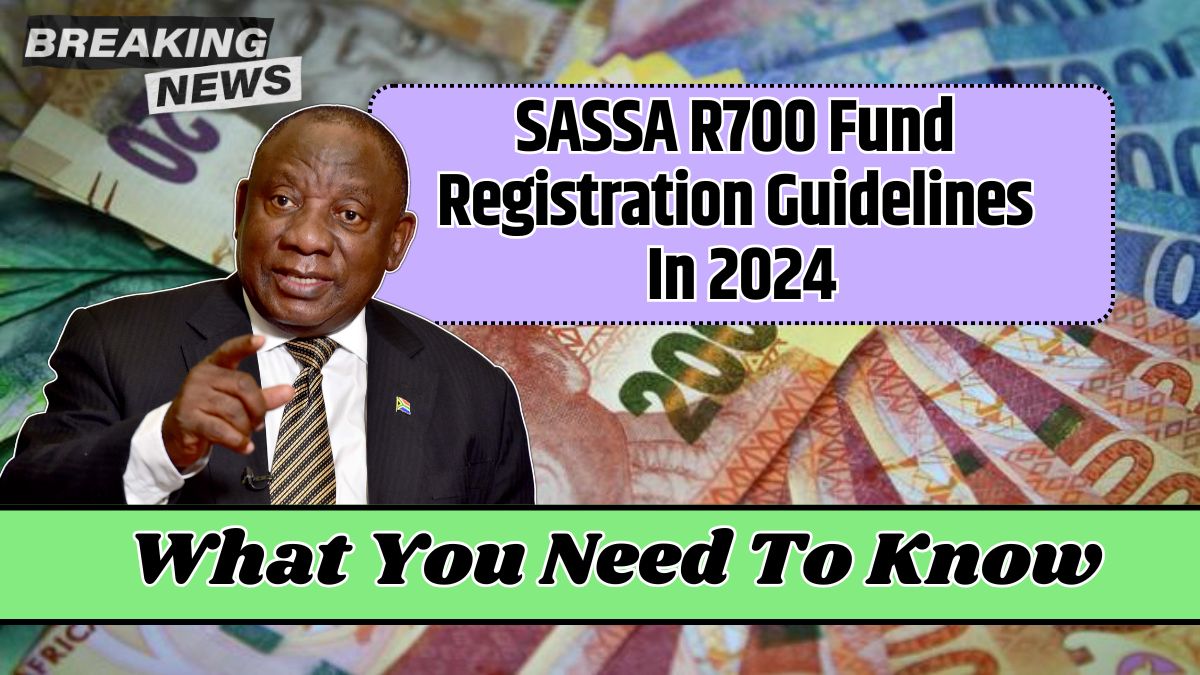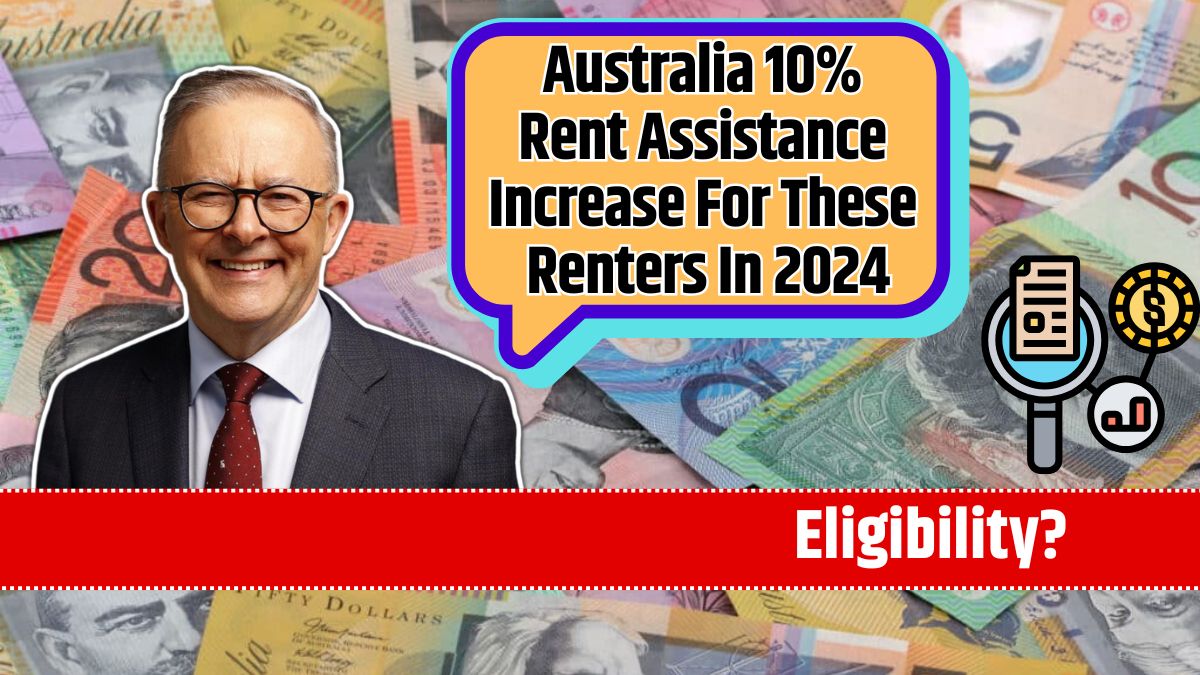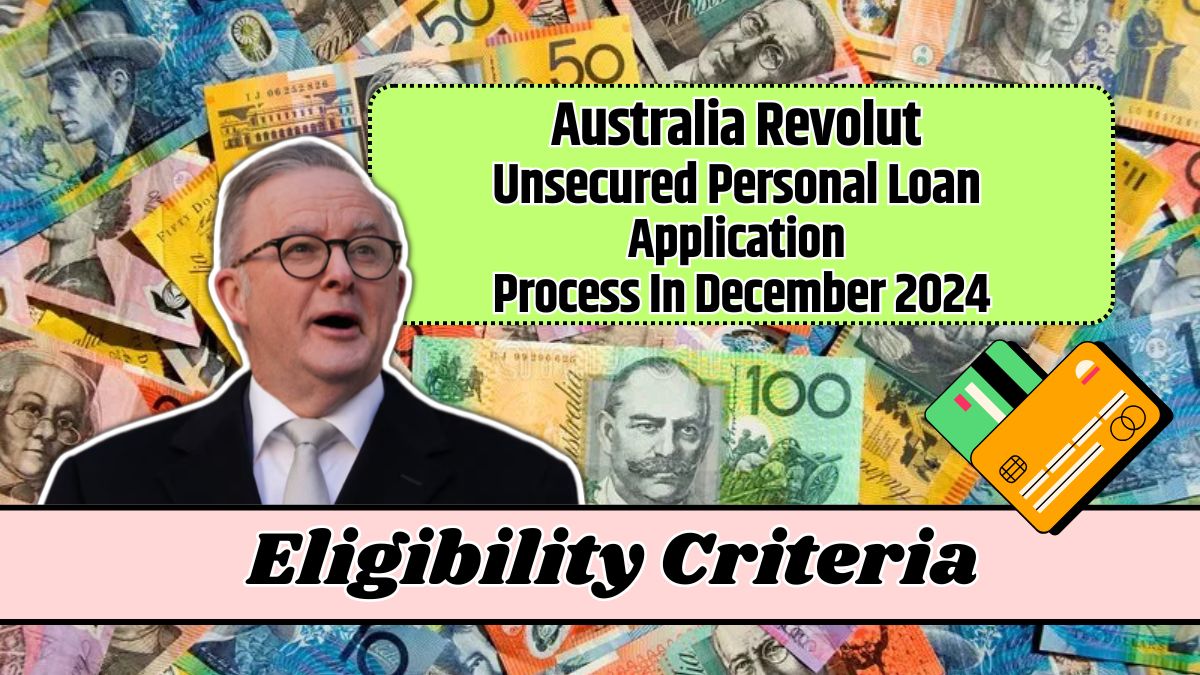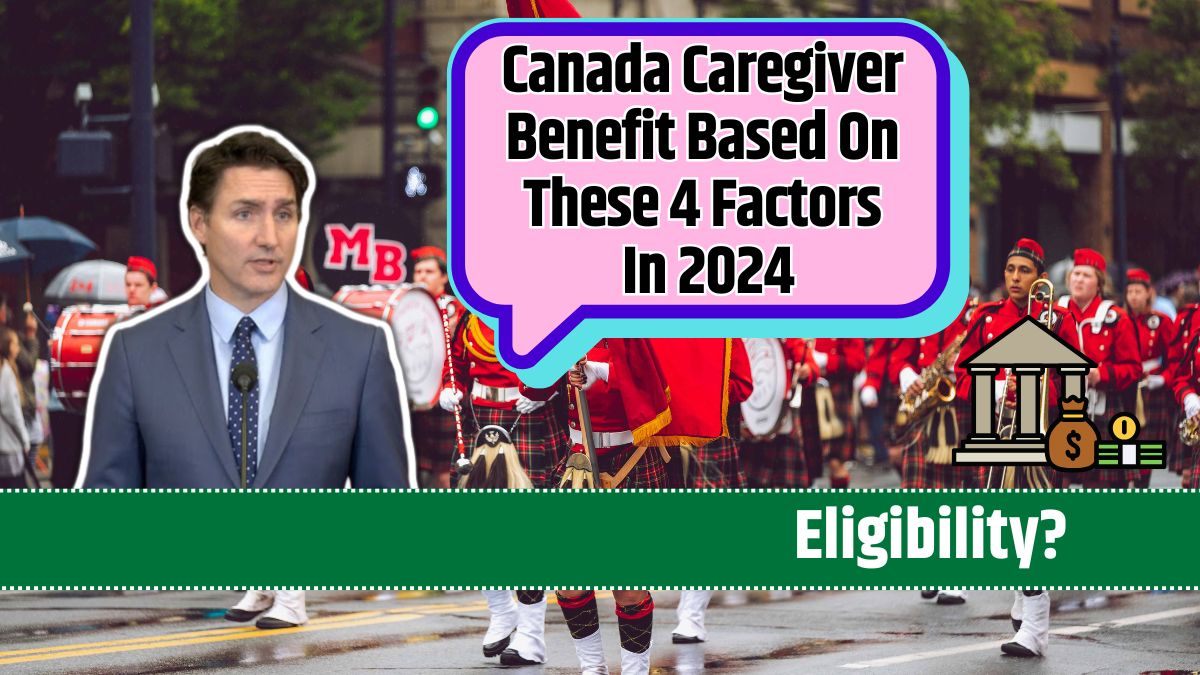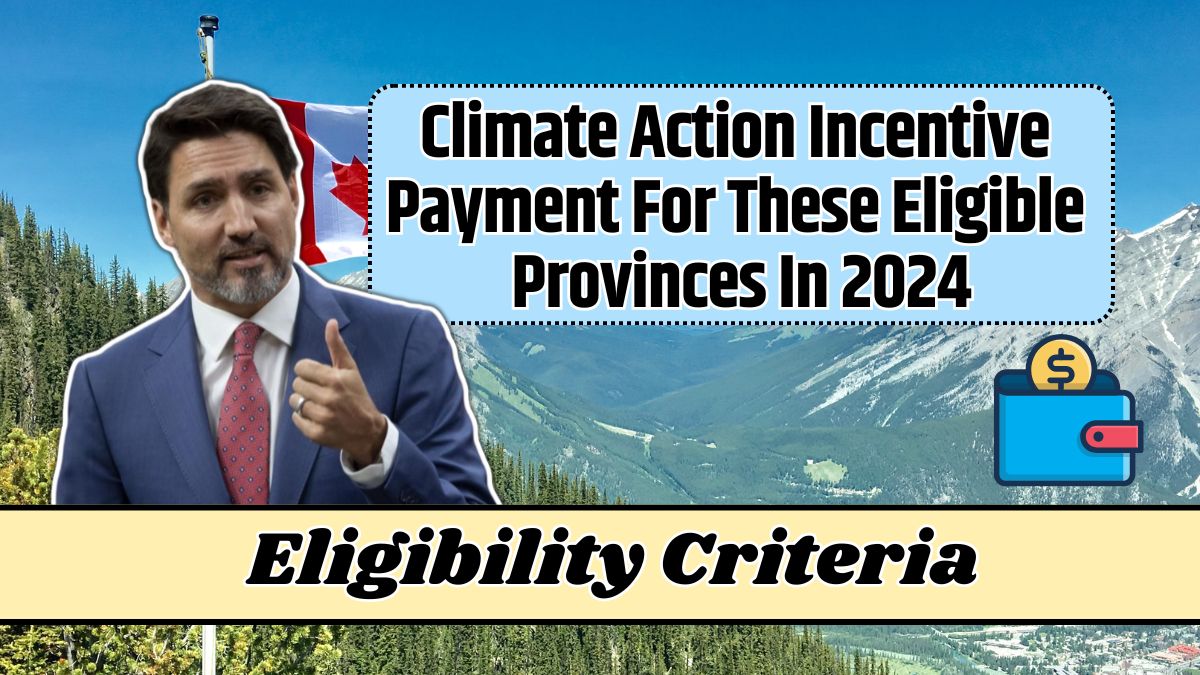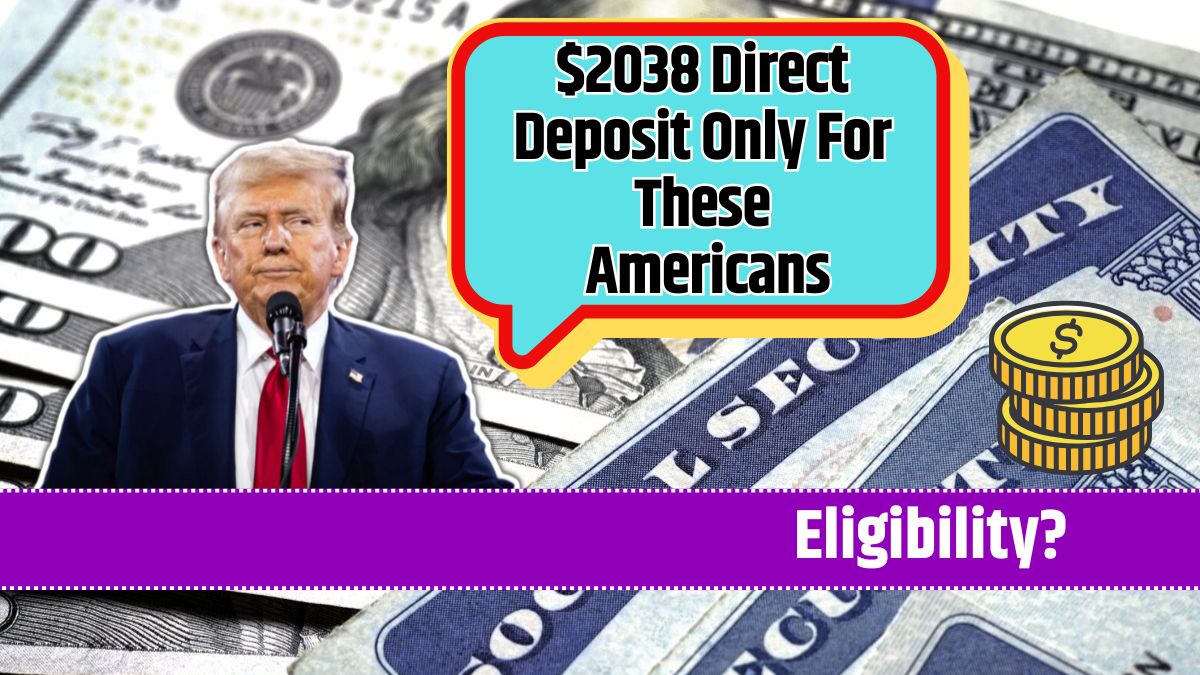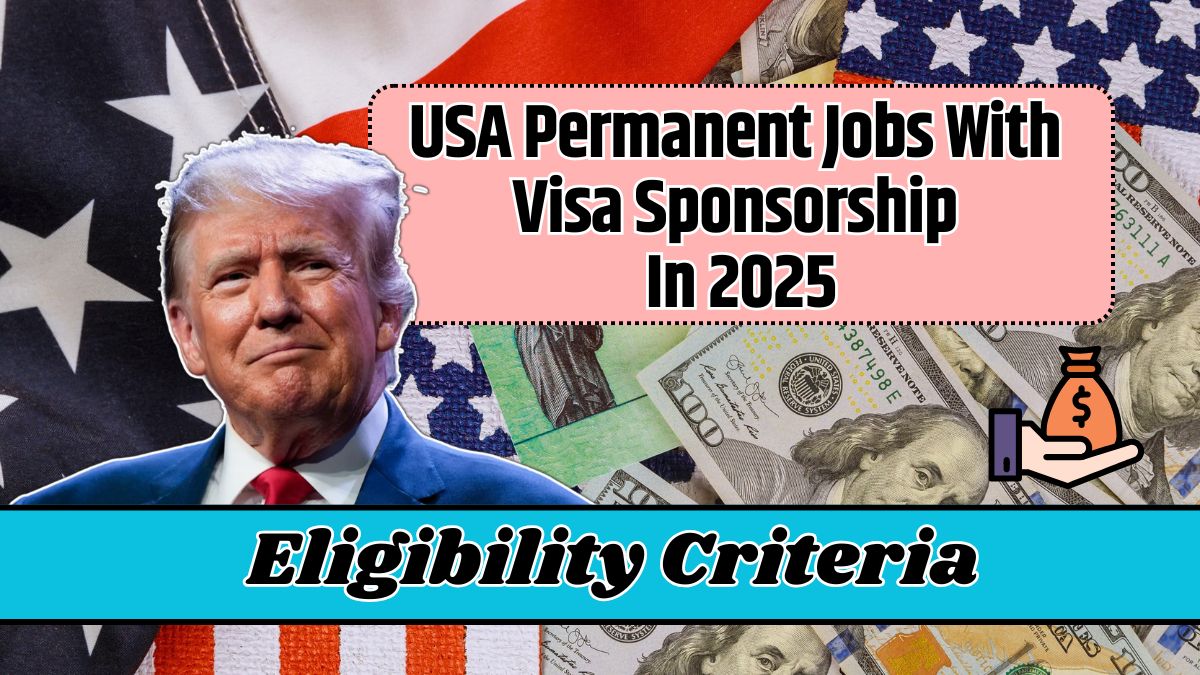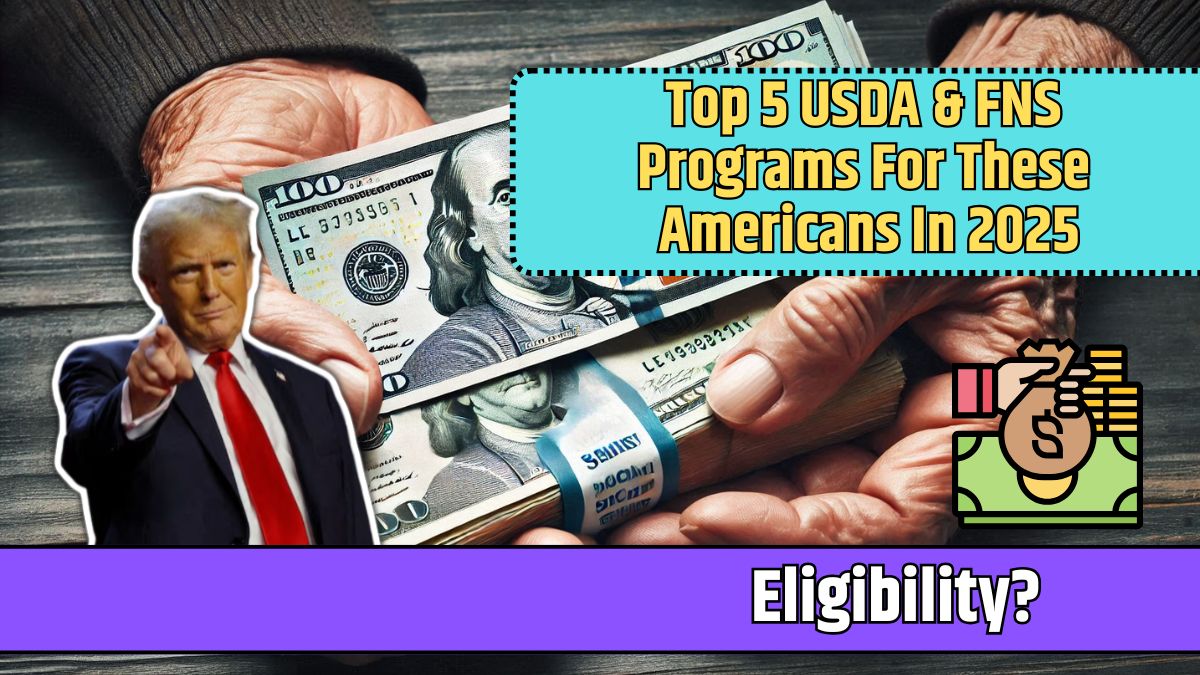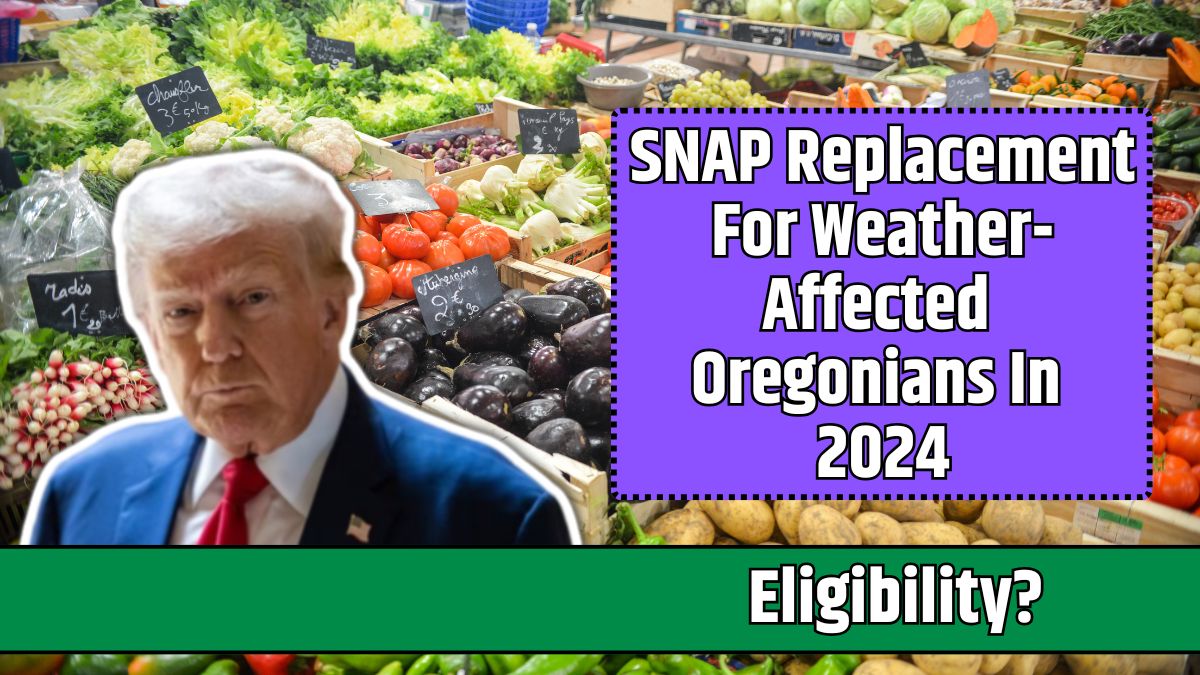Recently, reports and links about a SASSA R700 fund began circulating across social media platforms, claiming that South Africans could register for a new social grant.
The South African Social Security Agency (SASSA) has officially clarified that these messages are fraudulent and not part of any legitimate program.
This article provides key details about the misinformation, official warnings, and how to protect yourself from online scams.
What Is the SASSA R700 Fund?
The supposed R700 fund claims to offer a monthly payment to eligible South Africans through a registration process.
Fraudulent websites and social media posts are spreading this misinformation, urging users to click on links, fill out forms, and share personal details.
SASSA’s Clarification
SASSA has confirmed that:
- There is no R700 fund or additional social grant currently running in October 2024 or beyond.
- All such information circulating on social media is fake.
- Citizens are advised to ignore these links to avoid potential fraud.
Risks of Clicking Fraudulent Links
If you click on these scam links, here’s what could happen:
- Data Theft
- Scammers can access sensitive information, including your ID number, email, passwords, and banking details.
- This data can be used for identity theft, unauthorized transactions, or creating fake accounts.
- Malware Infections
- Clicking such links could install malware on your device, potentially compromising your files, financial apps, and login credentials.
- Phishing Scams
- Fake websites often mimic official portals and ask users to submit OTP codes, passwords, or other sensitive information under the guise of “registration.”
How to Spot and Avoid Scams
1. Check the Website Address
- Official government websites in South Africa end with .gov.za.
- Fraudulent websites may use extensions like .org, .net, or .online.
2. Beware of Shortened URLs
- Scammers often use URL shorteners to hide fraudulent links.
- Avoid clicking on any unverified shortlinks.
3. Be Skeptical of Requests for Personal Details
- Legitimate government sites will not ask for passwords, banking details, or OTP codes.
- SASSA already has your details on file and will not request them again for payments.
4. Cross-Verify Information
- Visit the official SASSA website or contact their toll-free number (0800 60 10 11) to confirm any grant-related information.
- Avoid acting on information shared solely via social media or WhatsApp.
Steps to Take If You Interact with a Fraudulent Link
- Exit the Fraudulent Site Immediately
- Close the tab or browser window.
- Clear your browsing history to prevent accidentally reopening the site.
- Scan for Malware
- Use antivirus software to check for malware or viruses on your device.
- Monitor Your Accounts
- Check your bank accounts and online profiles for unauthorized activity.
- Reset passwords for accounts that may have been compromised.
- Report the Scam
- Notify SASSA by contacting their official helpline or emailing grantsenquiries@sassa.gov.za.
- Report the fraudulent link to cybercrime authorities or your internet service provider.
Official SASSA Guidelines for Social Grants
To avoid scams, always rely on verified information.
How to Check Official SASSA Notifications
- Visit the SASSA website for official announcements.
- Follow SASSA’s verified social media accounts.
- Contact the SASSA toll-free helpline: 0800 60 10 11.
Current Valid Social Grants
SASSA currently offers grants such as:
- Child Support Grant
- Older Persons Grant
- Disability Grant
- Foster Care Grant
No new R700 grant has been announced as part of the current benefits.
The SASSA R700 fund is a scam designed to steal personal and financial information from unsuspecting users. South Africans should be vigilant and avoid interacting with suspicious links or messages claiming to offer such grants.
Always verify grant-related information through official SASSA channels to protect yourself from fraud.
Stay informed and prioritize your online safety. If in doubt, contact SASSA directly for clarity.

